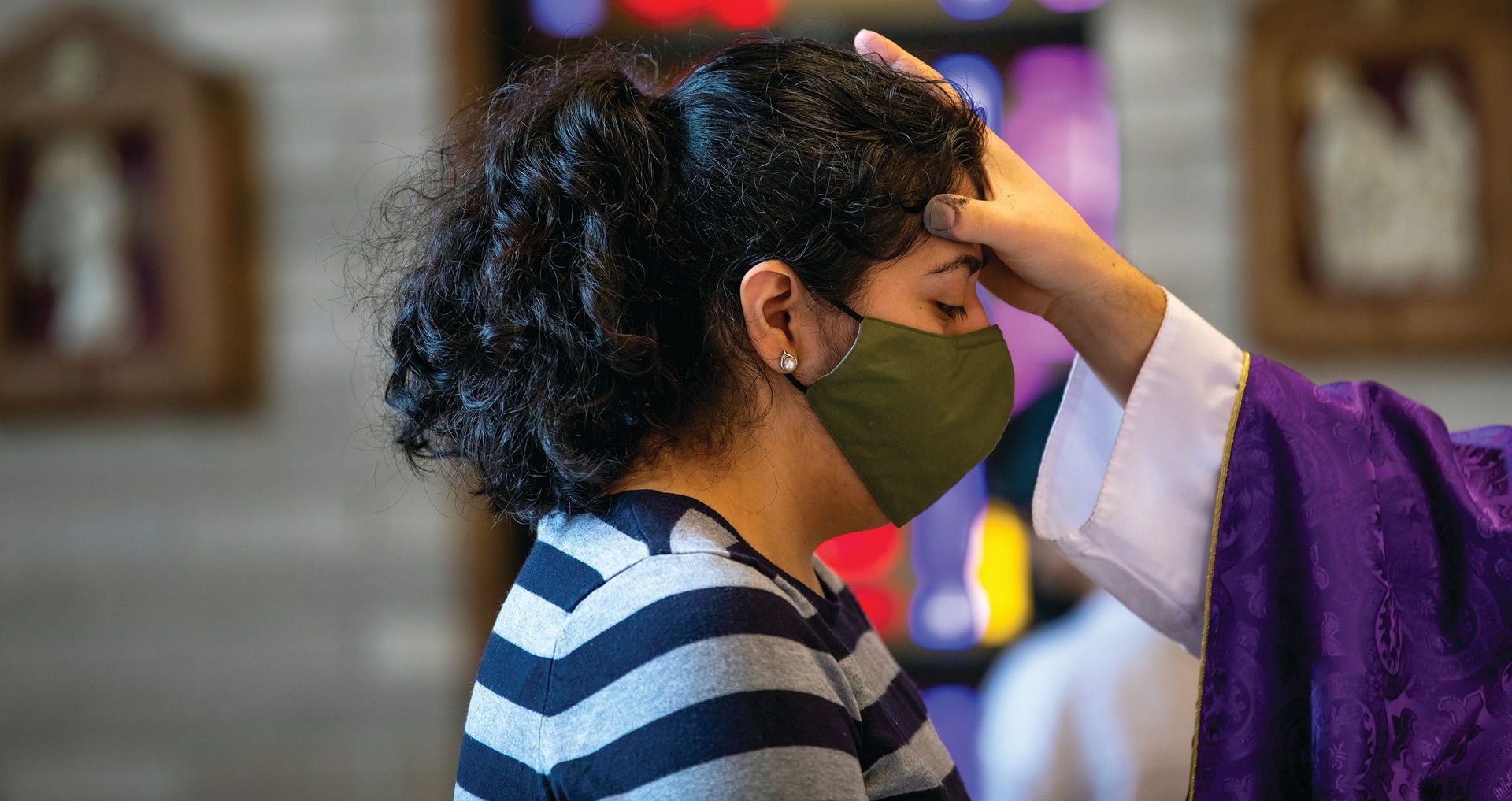A Blind Guide
Today’s gospel contains three guidelines that Jesus offered to his disciples. These wise and practical rules are helpful to all followers of Jesus but especially to those who minster to others.
The first rule is about listening and being present to a person in need. “Can a blind person guide a blind person? Will not both fall into a pit?” (Luke 6:39) An ability to listen is an essential element of ministry. Thus, Luke compares a person who is not attentive and cannot listen to a person in need to a blind guide. Also, today’s first reading speaks about listening more explicitly. According to Sirach, we must never judge a person by appearance and first impression. Instead, we must listen attentively to his or her heart first (Sirach 27:6).
Indeed, a good minister never jumps to conclusion without knowing the heart of a person entrusted to him. Listening is not an easy task. There are many people who have difficulties to speak their heart. They usually need time to trust, and to open their broken heart and speak out their problems. The second rule closely relates to the first one. “Why do you notice the splinter in your brother’s eye, but do not perceive the wooden beam in your own? (…) Remove the wooden beam from your eye first, then you will see clearly” (Luke 6:41-42). Jesus encourages his disciples to take care of themselves first before they go serve others. And it is not just about health, skills and another kind of training. These elements are vital and we must take care of them too, but the spiritual preparation is more important and essential for ministry.
We have no right to go and minister to others without making an effort regarding our own growth and spiritual well-being. It is understood that we are never perfect and our spiritual growth is life-long ongoing process, but our effort gives us a permission and confidence to minister to others. If we minister without our spiritual effort and growth, we are similar to a person who has a “wooden beam in his eye and he cannot see clearly.” We cannot have a proper disposition and discernment to serve. We cannot see and listen to someone’s heart attentively when our heart is preoccupated with our own disordered desires and sin. Our heart is blind and deaf without a spiritual effort.
The third rule speaks about good results, good fruits in our ministry and life. “A good tree does not bear rotten fruit, nor does a rotten tree bear good fruit. For every tree is known by its own fruit” (Luke 6:43-44). This third wisdom of Jesus is often misunderstood. It does not mean that everything wrong and even evil we experience in our life is our fault. Unfortunately, people frequently blame themselves for every evil and live in guilt for years, for example for accidents, sickness, and children who left their religion and lost faith. In fact, the third rule does not speak about it at all.
The key element of the third guidance lies in the third sentence: “A good person out of the store of goodness in his heart produces good, but an evil person out of a store of evil produces evil” (Luke 6:45). According to Luke, everything happens in our heart. Thus, it is up to us how we take care of our heart. We must protect our heart from evil and form to produce good. The third rule warns us not to contaminate our heart with unnecessary worries, disordered attachments and evil thoughts. These will produce evil fruit in our life and distract our ministry. The third rule encourages us to invite God into our heart and to strengthen our relationship with God. Prayer and spiritual exercises help in this responsibility. Every encounter with God produces a good fruit for us and people we meet in our ministry.
Fr. Andrzej










